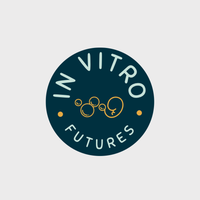Ricerca

IN VITRO: As soon as in vitro fertilization (IVF) was established in 1970, the practical legal and ethical question of embryos cryopreservation emerged. A single IVF cycle creates numerous embryos and, generally, a greater number of those that will be used for conception. Across the world, stored embryos are described as problematic, because a significant proportion of these are labelled as “surplus” for reproductive needs and remain cryopreserved indefinitely. These “extra embryos”, as biovalues, may be transferred immediately to other patients’ wombs, disposed of, or cryopreserved for embryo donation. It takes two forms: donation for research and donation for family building purposes. InVitroFutures is a critical and innovative anthropological
analysis of embryo adoption from a comparative perspective between Canada and Spain. The project is built around research 3 aims: 1) exploring biomedical narratives, moral discourses, and salvific logics related on embryo donation; 2) comparing the impact of social determinants such as nationality/country, bio-political institutions, gender-sexuality, class, race on embryo donation’s arrangements; 3) analyzing relatedness within embryo donation.